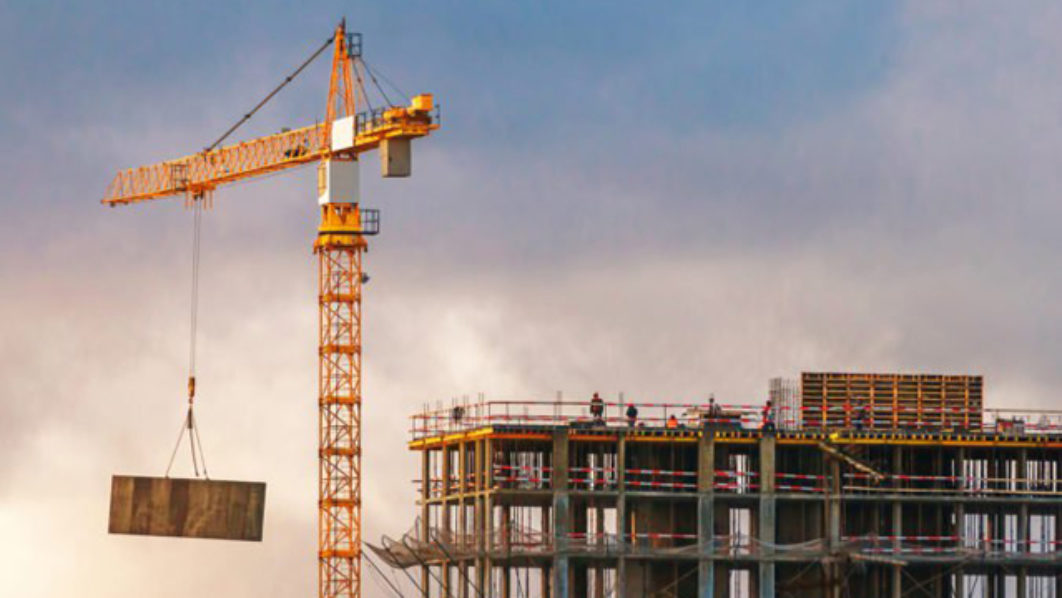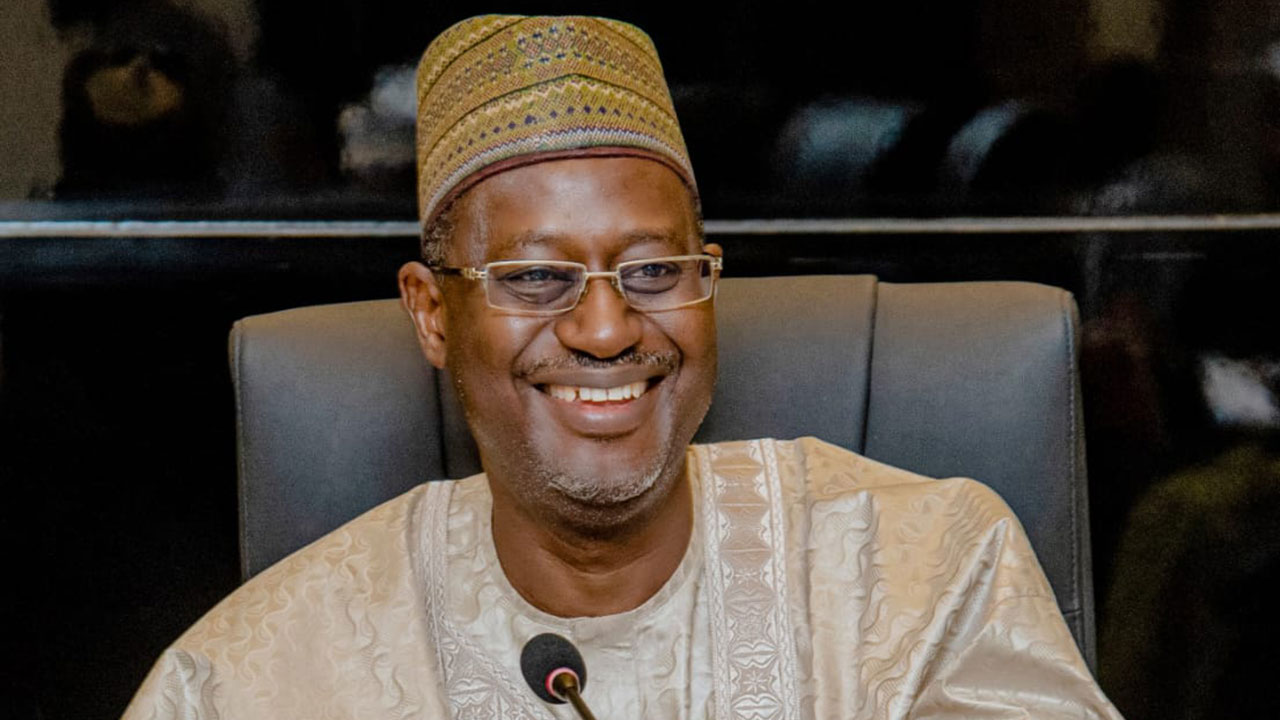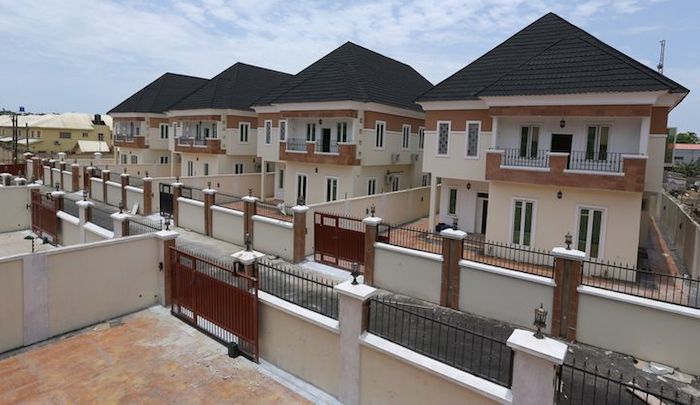Notwithstanding its below-average performance in 2020 occasioned by government inability to pay contractors as a result of shrinking funds and other economic realities worsened by the coronavirus outbreak, the construction sector is expected to witness a positive growth in 2021.
However, operators said its growth would depend on government’s ability to inject funds either as a bailout as seen in other sectors or by other arrangements.
They hinged their positions on the stiff challenges of the sector, which include the recession which forced investors to pull out from equity market, leaving the government as the principal actor, which borrowed extensively at ridiculous rate.
According to experts, the construction industry’s poor performance as seen in its contribution to the Nation’s Gross Domestic Products (GDP) last year was based principally on financial issues.
“The sector, which was down in the first quarter rose, from -3.23 per cent in the 2 quarter of 2020 to 3.21 per cent in last quarter of last year and can do far better with proper funding.
“Right now, the Nigerian banks are not so helpful to finance construction projects especially if the contractor is not yet a big player in the industry.
“Further, the amount of bank charges and interest rate associated with loans in Nigeria remain on the upswing, which has further occasioned more hardship on the construction companies, especially, the smaller one,” they noted.
The President, Nigeria Institute of Building (NIOB), Kunle Awobodu, said the effect of the coronavirus on the construction sector was enormous as funding was shrinking, while payment was coming in trickles, thereby affecting the balance sheet of many construction firms.
The Director General, Federation of Construction Industry (FOCI), Mrs. Olubunmi Adekoje, an engineer, said inadequate funding was the major challenge in the sector last year.
According to her, construction is largely capital -intensive because the equipment alone cost millions of naira and contractors are continually faced with issues of finance.
The contractor has to invest on plants, which are expensive in the case of civil engineering jobs, and requires cash to pay workers’ salaries, and purchase of materials.
She noted that the advent of the COVID-19 pandemic has greatly affected the construction Industry and the economy at large.
Adekoje further stressed that government budget on capital-intensive project was greatly reduced during the period as few projects were given out to construction companies, thereby negatively affecting the financial strength of many companies.
“During the lockdown period, ongoing projects were halted and workmen were no longer going to sites. However, companies were forced to pay workers’ salaries while their expected income can no longer be attained. This has further crippled many construction companies.
The General Secretary, Association of Indigenous Construction Contractors of Nigeria (AICCON), Otunba Muyiwa Ibeun, said there should be more investments in infrastructure and construction activities to stimulate the economy.
He recalled that the low performance of the construction sector last year was due to COVID-19 effect, as operators could not work on site, resulting in huge losses.
According to him, payments for jobs were also low except for the Federal Ministry of Works, which made payments, others were not forthcoming as most of the releases were targeted towards COVID-19 projects .
“The ministry paid what they received, especially the Federal Ministry of Works, but others could do about 40 per cent , everything narrows to Federal Government’s releases .
“There is going to be a lot of funding challenge if the government does to sit up especially in budget implementation,” he added.
Similarly, Managing Director, Dutum Construction Company Limited, Mr. Temitope Runsewe, said the major challenge for everybody is payment for works done.
The government, he said, should create a bailout for construction sector as done for others because only few were able to survive unless those handling COVID-19 projects.
With over N3.85tn budgeted for capital expenditure by the Nigerian government for the year, the spending on infrastructure, he said, would help to drive economic growth.
Runsewe said the National Bureau of Statistics had projected the construction industry to record a Compound Annual Growth Rate of 16.6 per cent to reach an all-time high of N13.2tn by 2024.
This, he said, makes it imperative for players in the real estate and construction industry to exploit the attendant opportunities for growth that will be presented.
Looking into 2021, he emphasised growth in the demand for quality delivery, rise in price of important materials (local suppliers, backward integration), a rise in the demand for indigenous construction firms and an improvement in local expert pool due to the return of indigenous experts with international experience.
SOURCE: Guardian.ng


















